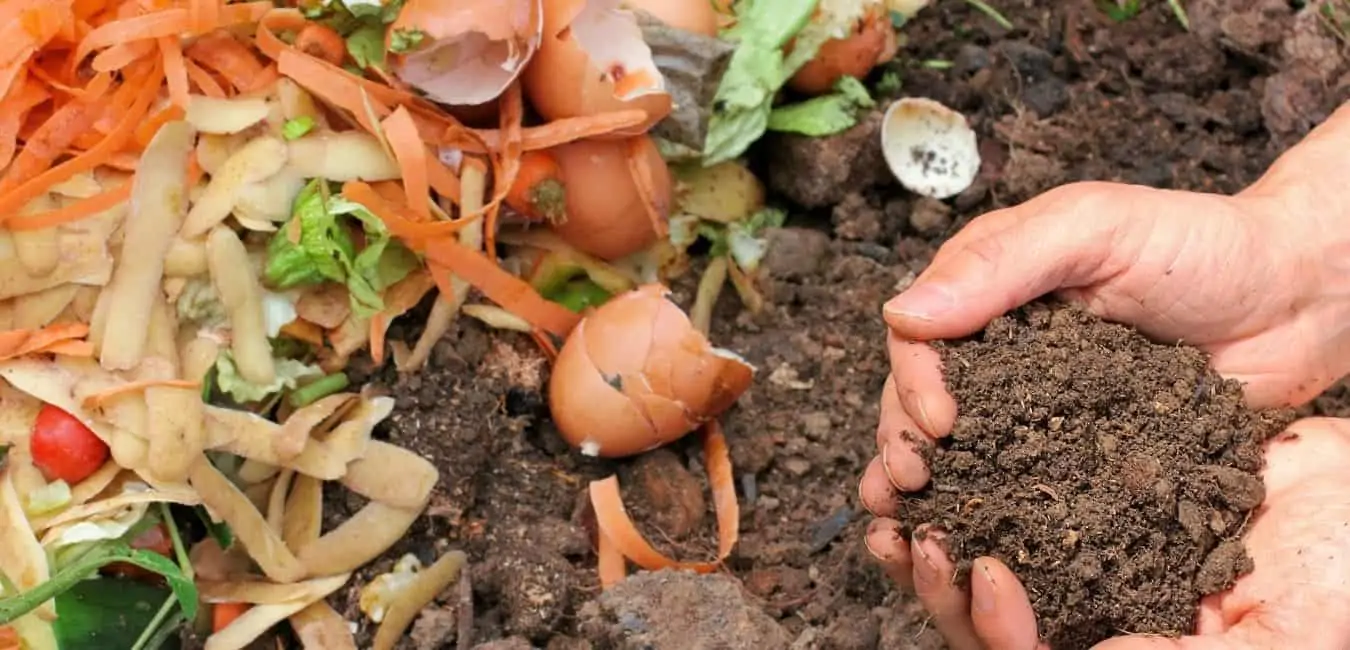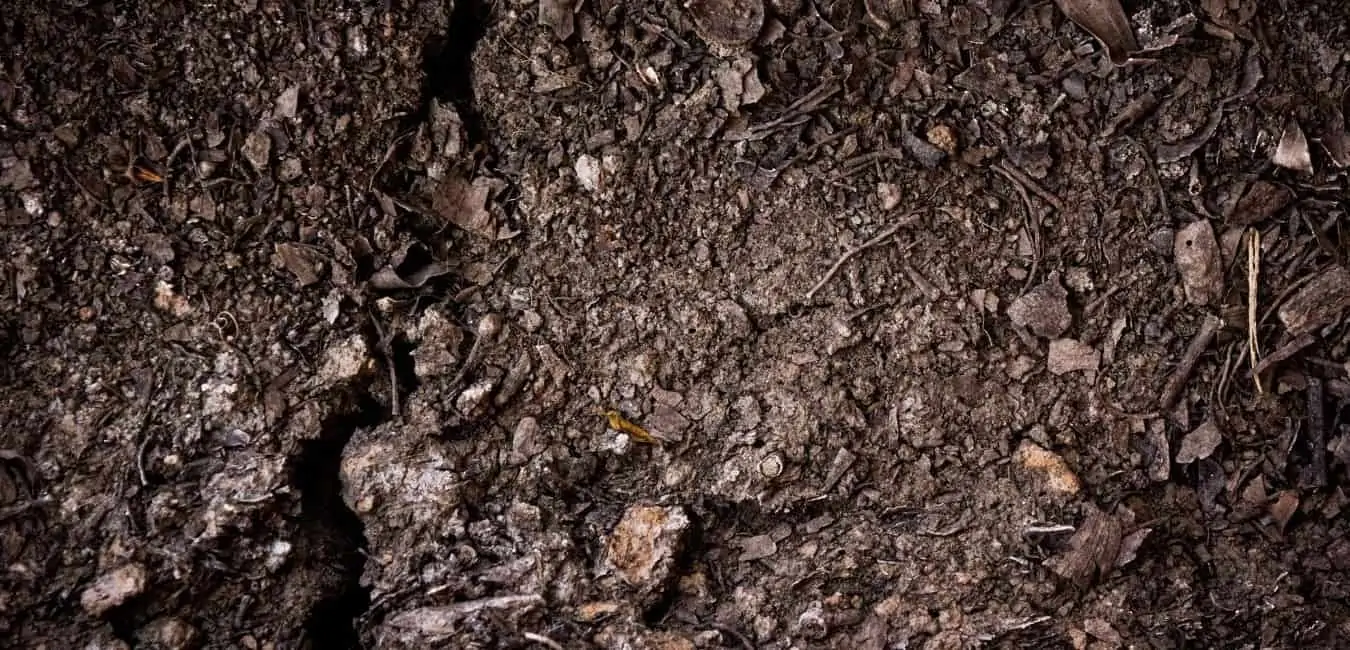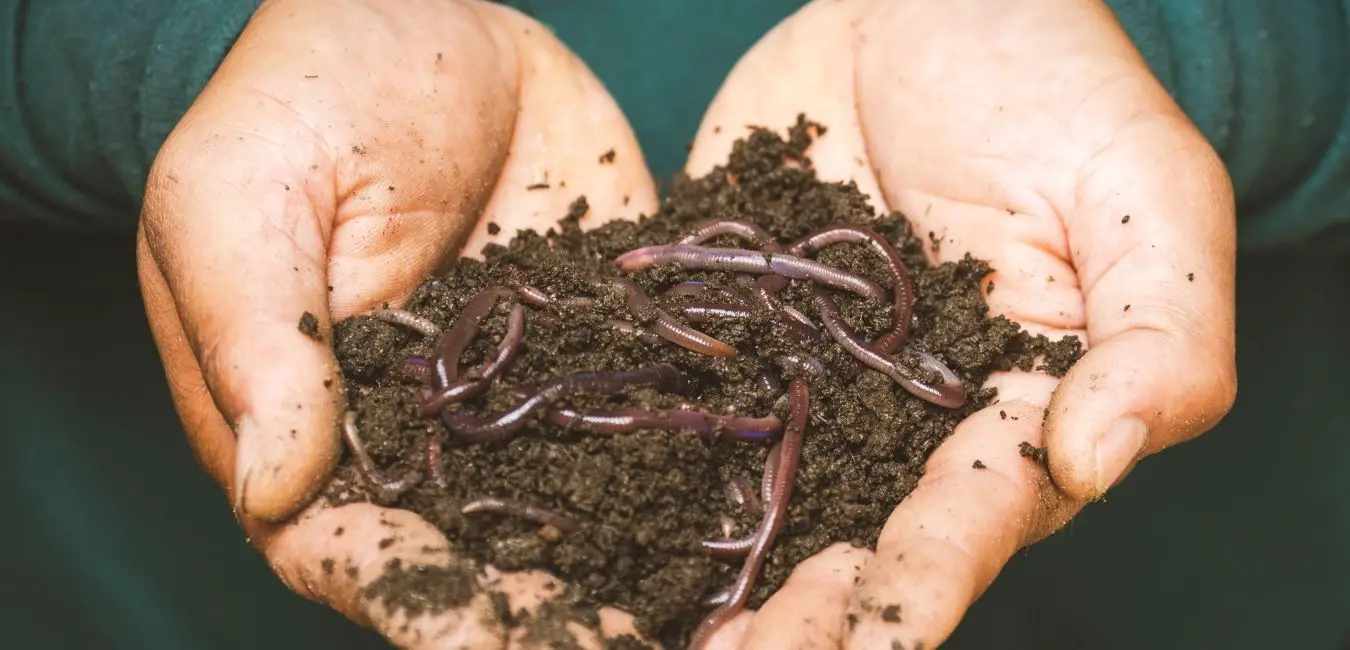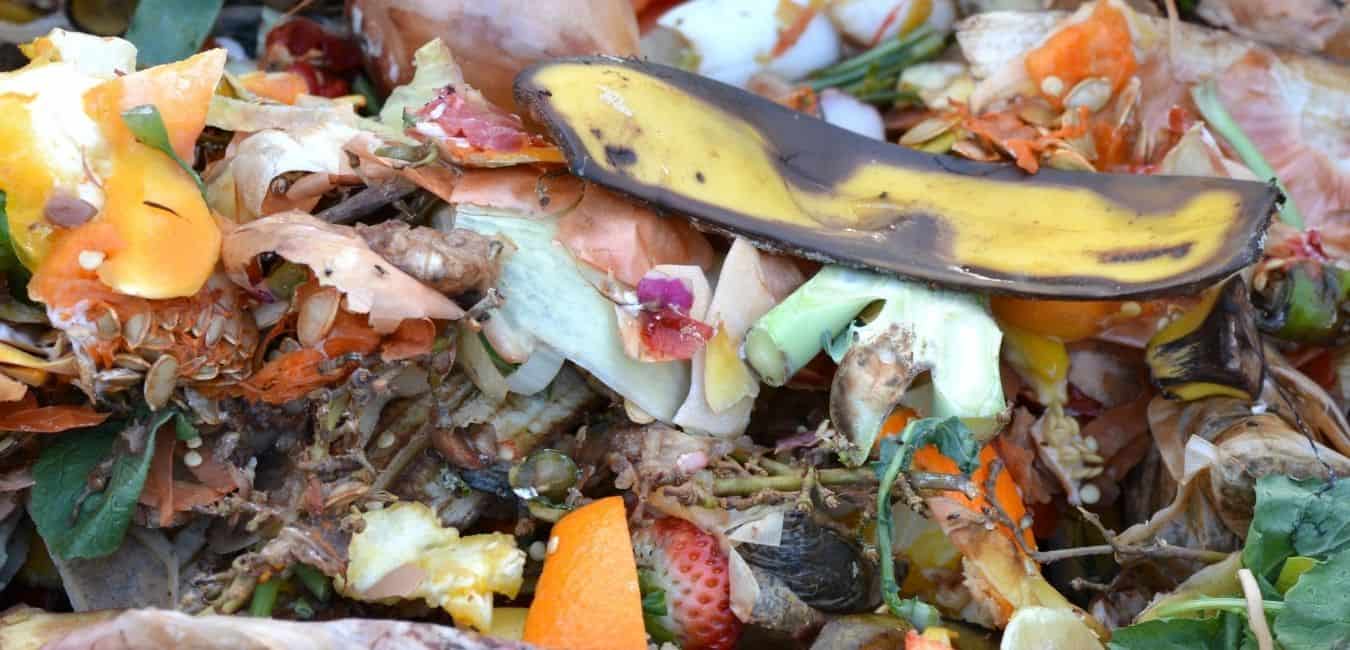Welcome back, my fellow gardeners. Today we will discuss the basics of composting at home and garden. I will share my experience on how do I start composting? Initially, it was a phase of ups and downs but after some time and a couple of not-so-successful trials, I perfected this essential gardening task. It took me nearly 3 or 4 years to learn every bit of different composting techniques. After all this fuss I can only say don’t overthink the composting job. Keep it simple and straight for the best results. If you are interested in composting at home then stay tuned and keep reading.

Check out my previous post: How to Grow Abelia Plant? Propagating Abelia Plants
Common Composting Terms and their definitions
- Browns: Dry organic plant waste is a Brown waste. These organic materials are the best option for composting. Dry leaves, twigs, dry grass clippings, dead trees, barks, cocopeat, sawdust, old wooden furniture, newspaper, cardboards, cartons, and anything like that is a brown waste.
- Greens: Food scraps and other fresh organic plant waste are called greens. These are green Vegetable and fruits cuttings, skin, peels, green leaves, fresh flowers, coffee grounds, tea bags, or any wet and organic kitchen waste. Green waste is a companion to the browns in composting process. They maintain the amount of moisture in the compost pile.
- Compostable: Every organic matter is compostable material whether it is green or brown. Every biodegradable organic matter is compostable. Although you cannot decompose everything your home-based compost pile. Some of these materials require proper industrial techniques to decompose. Animal bones and synthetic compostable compounds are chemically treated before composting.
- Organic materials: Every Plant or animal-based material is an organic material. These are specifically biodegradable. It means every organic matter will eventually decompose no matter how much time it takes.
- Compost pile: It is the heap of organic matter collected for composting. It is simply the organic kitchen or garden waste dumped for composting. Basically, it is a heterogeneous mixture of organic materials of different shapes and sizes.
- Churning: A compost pile is required to mix and turn regularly at fixed intervals. It is essential for the aeration of this mixture. Turning will allows more air to pass through the mixture and encourages faster decomposition. Churning is a common reference name for all of these procedures.
You can also buy your first compost batch on Amazon. Use a compost bin to prepare compost effectively.
How do I start composting?
I start my composting journey from my terrace garden. I have indeed failed a couple of times although partially. The first time I forget to punch holes in the homemade compost bin and it gets flooded by the rainwater. Next mistake, I mixed everything that I found in my kitchen including cooked food. It simply rots and becomes a playground for flies and fungus.
Finally, After a couple of tries, I learned that composting is all about balancing greens with browns, that’s it. There is no need to worry about money, effort, or time if you know how to prepare a proper composition for composting.
For me, it works for 2 part dry matter with only one part green kitchen waste. Also churning the compost pile once in a while is an effective way to speed up the procedure.
With my experience, I can say that start small and keep it simple. Use more dry materials like leaves, branches, pine needles, newspapers, cardboards, wood chips, coco coir, and similar items. Greens should only be used to maintain moisture in the mixture.
What are the basic requirements for Composting?
You will only need a spot or location for composting. A container can also be helpful. Some organic matter to decompose and yes a little bit of water to keep the compost pile moist.
Lookout for earthworms for vermicompost. Finally, get a compost starter kit for the very beginning.
Everything else will be handled by the nature itself.
Which composting technique is best for Home gardeners?
In the last 6 or 7 years, I have tried almost 5 or more techniques of composting. All of them are good and effective. But trust me one important lesson that I learned so far is-” Simple is always best and easy”. Now I can suggest Always keep it simple.
Keep in mind results are not the same for everyone. If it works for me doesn’t mean that it will work for you also. And this is something I have learned after trying almost every composting technique available on the internet. Some of these techniques have cost me 100s without much success.
So if you trust me then go for the technique that is both effort, cost, and time-effective. In my opinion, you should go for quality with time without wasting any money.
There are dozens of techniques of composting to try. I’m gonna only those that work best for me. If you have any questions then ask me in the comments.

Garden Pit method of composting
Start with the easiest composting technique. It is easy although you will need a garden or lawn for this technique. This technique is really effective and doesn’t require much care.
- Start with digging a hole in your garden or lawn. Keep it away from the general area so that no one falls by tripping on it.
- Make the hole at least 2 feet or 24 inches deep and wide. A hole of this size is sufficient to hold the kitchen waste of a family of two for one month.
- Everday put the kitchen and garden waste in this pit. You can also put dog poops if you have a pet dog. Don’t forget to put some dry soil or brown waste on the top to avoid odor and flies.
- Repeat this step every day until the pit is full. Once it is full, simply cover it with soil and make another hole for further use.
- That’s it, nature will do the rest. All the organic matter will decompose and mix will the soil. It will enrich the nearby soil.
- You can grow a plant over this pit after a couple of months.
Simple dumping technique
Another simple composting technique is the dumping method. It is even easier than the pit method as you won’t need to dig any holes. simply dump the waste material in a corner of your garden, cover it, and leave it to decompose.
The foul odor of open decomposing matter is the only drawback of this technique. You should use more browns instead of green matter to avoid foul odor. You can also cover the dump with a thick tarp. This will also reduce the odor and keep the compost pile warm and moist.
- Simply choose a location for dumping in your garden. Keep away from the common area and also at a distance from any sidewall. Decomposing matter can stain the walls.
- Every day put all the kitchen and green garden waste in this spot.
- Cover the dump with a tarp or anything like that. Don’t forget to churn it after some time, maybe twice a month.
- There is no need to spend anything other than covering material. You can also avoid this expenditure by using dry brown organic materials like tree branches, cardboard, and newspapers as compost cover.
Composting with layered organic matter
The layering of organic matter in an organized structure is an effective way to prepare compost. In fact, this is the best commercial technique to prepare reusable compost. In this technique, you have to put green organic matter ver a layer of dry brown material. Repeat the layers until you get the desired height.
This layered approach maintains proper air and moisture level in the compost pile. It will decompose faster and most importantly, you can easily reuse the prepared compost at any desired location.
Special Tips: Start with dry brown organic waste. Make a 2-inch layer of brown and another 1-inch layer of green on the top. Repeat this a couple of times. Cover the top layer with 2 to 3 inches of dry matter to avoid foul odor, pest, fungus, or animal attacks. Always keep a ratio of 2:1 for browns and greens in the compost pile.

Japanese Bokashi Technique
Bokashi is a Japanese technique of composting. It requires a closed container to prepare high-quality compost for your plants. Organic matter is first chipped into very small pieces and then filled in these containers with beneficial microbes.
You have to be precise with moisture, air, and temperature with the bokashi compost technique. It may require some skill and of course some money. This technique is for experienced gardeners. So I will discuss this further in our next article. Check out my favorite Bokashi Compost starter kit on Amazon.
Worm compost (vermicompost ) Technique
Composting using earthworms is the best and fastest method of composting. It is easy and effective. Although it may require some knowledge effort and investment. Still, this technique is the best and the fastest method of composting. You can prepare compost within a month using the proper vermicompost technique.
- Chose a wide and deep container for this technique. Create a bottom opening for extraction of prepared compost.
- Select different types of earthworms for top and bottom feeding. Make sure not to waste anything.
- You should chop down large chunks of green or brown matter into small digestible chunks for the worms. hey, can’t feed on big organic pieces.
- Put 3 or 4 adjacent layers of browns and greens and finally put the worms on the top.
- Place the container in a warm shady spot and avoid direct sunlight.
- Keep the mixture moist and warm comfort for the worms.
- These worms are fast feeders so you have to add more greens to the compost pile at regular intervals. Never let the compost pile dry completely else the worms can die.
Check out more: Why are there no Earthworms in my garden?-3 Reasons to know
Where can I start Composting?
You can simply start composting from your own home. It does not require any special arrangement. Even a small 5-gallon plastic container or an old milk carton will be sufficient to start. Composting does not require any special equipment, location, or knowledge.
No matter whether you live in a small apartment house or a big mansion. You can literally start composting anywhere. Simply collect the organic green or brown waste. Put it inside a container, leave it in a cold dark corner of your house, maybe for a couple of weeks. Churn this mixture once in a while and leave the rest of the job to the microbes and worms.
Composting is even more easier and beneficial for open garden and backyard lawn owners. If you have a garden or lawn then don’t bother finding a container. Simply dump everything in a corner away from your sight. Let it decompose for a couple of months. Meanwhile, you can add more organic matter at the top of the compost pile. You can also collect green and brown organic matter from your garden without much effort.
Is Composting a Difficult Job?
No, not really. Composting is not a difficult task to do especially if you are aware of it. In fact, it is among the very few garden task that requires least effort. Although you have to be patient as composting is a time taking work.
Also, do some research about the prerequisites that can hamper your effort. Try to avoid many common mistakes and let the microbes handle the job.
Just wait and watch every organic kitchen waste turn into soft fluffy compost.
How much money is required to start composting?
This is a very common question. Money always matters a lot to perform different gardening tasks successfully. Compost is an essential ingredient for gardening and every gardener spent less or more on this. Does it mean composting is a costly procedure?
No certainly not. In fact, you don’t have to spend a single buck to start composting. You only need the right information and of course something organic to compost. Start with the info, this is pretty easy to get, maybe this article is the first start. Next, look out for everything that you can compost.
Collect only the waste material like kitchen green waste, dead plants, and dry grass or leaves from your garden. Avoid meat, dairy products, or any animal waste for composting. These materials can cause a foul smell and attract lots of scavengers to your compost pile. Also avoid industrial compost materials like compostable wipes, bags, or something like that. These items have labels of compostable materials still they are not easy to compost at home. Instead, these materials are designed to be composted at industrial facilities.
Overall don’t spend money on composting. Instead, look out for food scraps in your kitchen, collect garden greens, other waste and ask your neighbors for the same. This should cost you nothing as compared to buying compost from a garden store.
You should start composting without worrying about money.
Read this: How to Save Money while Gardening?
How much time does it take to prepare compost at home?
Of course, it will take time. Composting is a time taking task. You have to wait for 1 to 6 months to get your compost ready. This will take time and even a professional gardener can’t avoid this. Although you can speed up this procedure by adapting perfect composting techniques.
Just Control the amount of heat and moisture and allow proper airflow in the compost pile to speed up the composting process.
Materials used for composting also determine its timing. Some materials decompose faster than others. Wood chips, bones, animal waste, and other hard organic materials can take almost 1 year or more to decompose completely. In fact, bones can take decades or even more decompose. Therefore you must avoid such materials to save time in composting.
Also read: Does Gardening Really Save Money?
Do you need a special qualification to start composting?
No, you probably don’t need any special qualifications or knowledge to start composting. It is something that can be done easily by a child. Simple knowledge and some effort that’s all you need. In fact, you don’t need to spend anything other than time to make your own homemade compost.
Composting can be as simple as dumping waste into a garden pit. You just need to dig a hole using a spade or any comfortable gardening tool. Dig out the soil from this hole and fill it with every organic biodegradable material you found. Put some soil over these things and repeat until the hole is full. Once it is full just forget it forever. These organic matters will decompose and mix in the soil. Nearby plants will feed on it and the soil will regain its nutrients.
Composting requires more common sense than any special technique or qualification. Therefore stop overthinking and get ready to prepare your first batch of compost this growing season.

